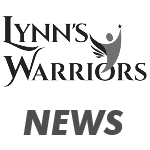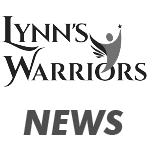EXCLUSIVE British police probe VIRTUAL rape in metaverse: Young girl’s digital persona ‘is sexually attacked by gang of adult men in immersive video game’ – sparking first investigation of its kind and questions about extent current laws apply in online world
The girl under the age of 16 is said to have been left distraught after her avatar – her digital character – was gang raped by the online strangers.
The headset-wearing victim did not suffer any injuries as there was no physical attack.


